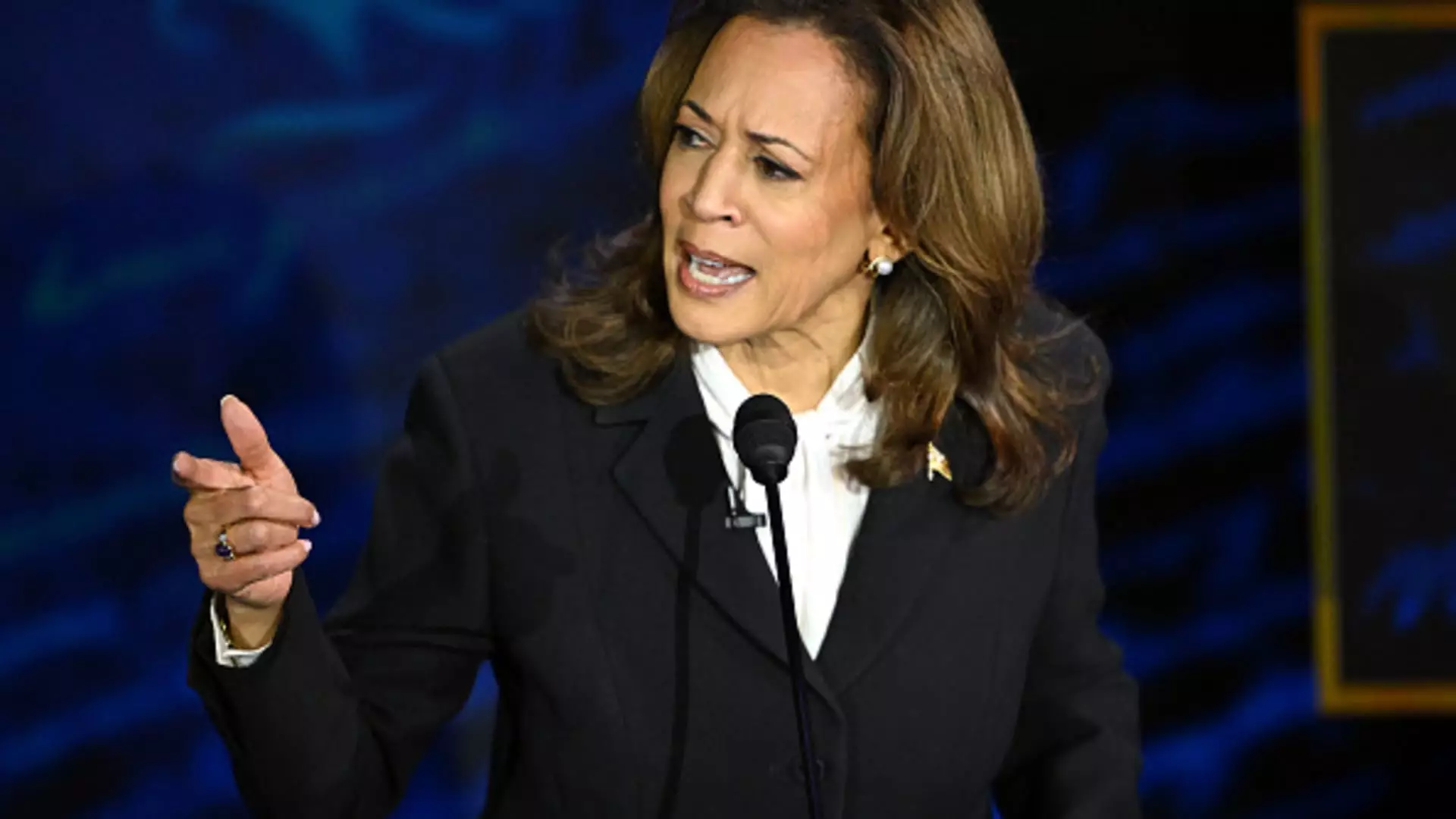During the presidential debate hosted by ABC News, Donald Trump defended his recent vows to increase trade duties, including blanket tariffs of 10% to 20% and additional tariffs of 60% to 100% on China. He emphasized that other countries would finally pay the United States back for its contributions to the world through substantial tariffs. Trump also highlighted that his administration had generated significant revenue from China through these tariffs. In addition, he pointed out that the Biden-Harris administration had retained most of his tariffs on China, indicating that they recognized the financial benefits of these policies.
On the other hand, Kamala Harris used her time during the debate to criticize the Trump administration for being too weak on China. She argued that the trade deficit reached under Trump was one of the highest in American history. Harris also accused Trump of selling American chips to China, which she viewed as compromising national security and technological dominance. She called for a strategic approach that prioritizes relationships with allies, investment in American-based technology, and support for the country’s workforce to ensure competitiveness in the 21st century.
When questioned about the potential impact of his proposed tariff increases on consumer prices, Trump downplayed concerns by suggesting that the burden would fall on China and other countries with a history of exploiting the United States. This stance reflects his belief that imposing tariffs is a way to rectify trade imbalances and hold other nations accountable for unfair practices. While Trump remains confident in the efficacy of his tariff strategy, critics argue that it could lead to higher prices for American consumers and disrupt global supply chains.
Economists and policy experts anticipate divergent economic policies from Trump and Harris regarding China. Trump’s approach is expected to center on heavy trade tariffs as a means of redefining the economic relationship between the two countries. In contrast, Harris is likely to prioritize targeted restrictions in coordination with U.S. allies to address specific concerns while maintaining diplomatic relationships. This fundamental difference in strategy underscores the broader debate on trade policy and national security interests in the context of U.S.-China relations.
The clash between Trump and Harris on China policy illuminates the complexity of managing economic and strategic interests in a globalized world. While both candidates offer distinct visions for addressing trade imbalances and technological competition with China, their approaches reflect broader ideological and geopolitical considerations. As the United States navigates its relationship with China in the coming years, the policies implemented by the current and future administrations will shape the trajectory of bilateral relations and the global economic landscape. It remains to be seen how the debate over China policy will evolve and impact international dynamics in the post-Trump era.

Leave a Reply